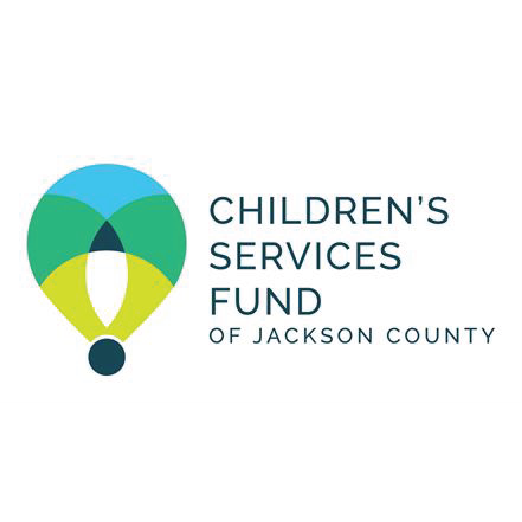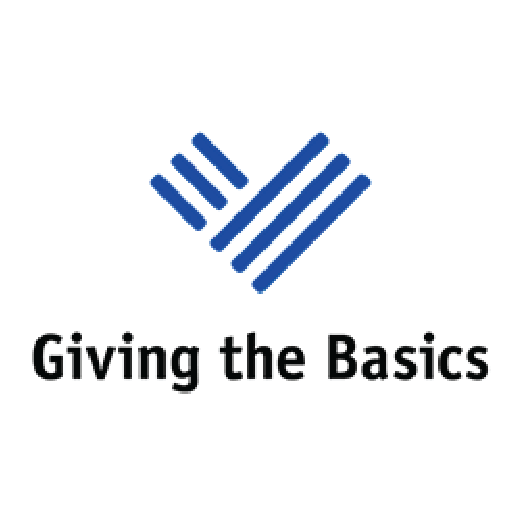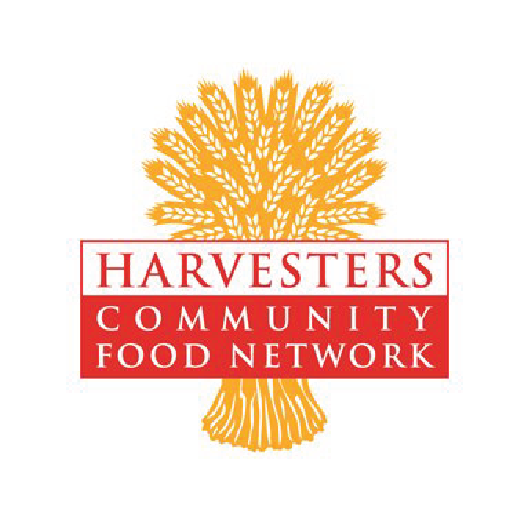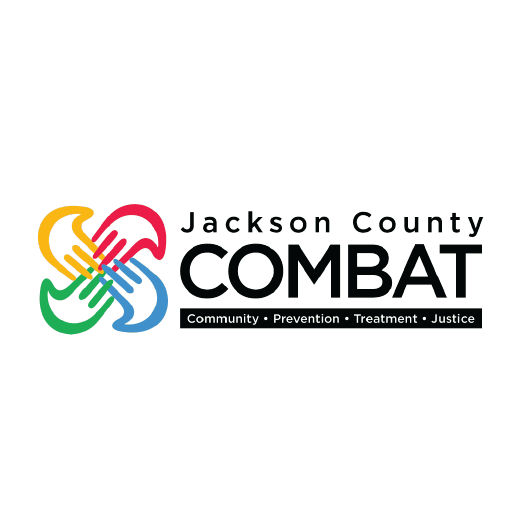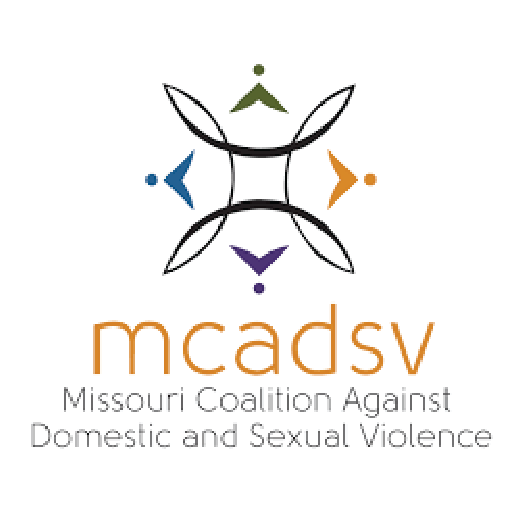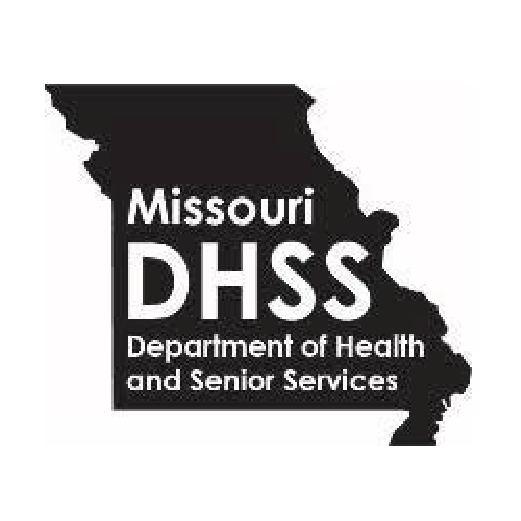September is National Recovery Month
Resources, Spotlight, Team Newhouse

Q+A with Ryan Dupree, Newhouse Recovery Counselor
National Recovery Month promotes and supports new evidence-based treatments and recovery practices, the nation’s strong and proud recovery community, and the dedication of service providers and communities who make recovery in all its forms possible. One of those service providers works right here at Newhouse. Ryan Dupree, LMSW, LMAC, is an integral part of the Newhouse Team, providing recovery counseling to clients. Recovery counseling is one of the many programs offered in our ecosystem of transformative services.
Q: What are some ways substance and recovery play into domestic abuse?
Substances are often utilized as an escape. What a person escapes from varies from individual to individual. However, with the extreme circumstances which those who experience domestic abuse, people often observe substances as such a way to escape unwanted behaviors and occurrences.
Q: Based on your experience of working with survivors at Newhouse, what are some insights you have into recovery treatments for survivors?
In my personal experience counseling clients at Newhouse, I have observed true growth in those persons who embrace the concept of recovery going beyond one simple behavior. This often being cessation of a particular substance. Recovery requires an understanding of the root causes of substance use and the surrounding behaviors, honesty in accepting values not behaviors defining a person, and creating change in positive self-worth.
Q: How does recovery fit into survivors’ healing process?
Those who identify that recovery is part of their healing process, in my experience, create change in their everyday experiences. Emotions such as anxiety, shame, and regret are often a focal point of those who want to create a systemic transformation.

Q: Why is recovery so important?
In my experience, everyone who enters Newhouse has already created an environment rife with possibilities to change. Recovery can be a catalyst for identifying and eliminating unwanted behaviors and thus avoiding unwanted consequences. When I see residents observe the connection between the two, genuine positive reactions often occur. Whether it’s a genuine smile or the repair of family relationships, recovery is part of the foundation of all residents at Newhouse.
Q: How is recovery tied to mental health?
The National Institute on Drug Abuse (or NIDA) have competed research to indicate that about one in five persons who have been identified with mental health concerns can also be identified to have concerns with substance dependency. Also, the National Center on Domestic Violence, Trauma, and Mental Health indicates that almost one in ten persons who seek assistance for domestic violence identify with some of the characteristics of a mental health disorder. I feel these are important statistics which may best describe the importance of what we do with respect to recovery at Newhouse. Combining that with the potential for recovery to identify any unwanted consequences, residents at Newhouse have a great opportunity to address all presentation of symptoms regardless of their concerns with mental health.
Q: What would you like the public to know about survivors and their interactions with substance dependence and recovery?
In my experience as a recovery counselor, I have observed a lifting of the stigma of those who have been identified with substance dependence. The American Medical Association has identified substance use disorder as a medical disease as far back as 1956, in the same category as Cancer, Diabetes, and other medical concerns. As noted above, people who have been diagnosed with substance use disorder have created an escape. While other diseases present physical symptoms, substance use disorder presents symptoms as actions that the public considers more egregious. It is my hope that the public, with proper education, will be able to support those with this diagnosis with compassion and support. In my experience, I see this type of care increasing, which makes it an exciting time to be in this helping field.
Q: What advice would you give to someone experiencing domestic violence who is struggling with substance dependency?
To put it very frankly, I urge anyone who is struggling with substance dependency to resist the compulsion to suffer in silence. We can address the underlying concerns behind unwanted behaviors and foster strategies and skills to replace the escape that is substance dependence and replace it with recovery. There is an adage “The opposite of addiction is connection”. Creating a community of support for those who identify themselves with substance dependency is something I hope we can all strive for soon. However, it takes the individual speaking up and speaking out for the escape into recovery to begin.
Donate to survivors at Newhouse.
Read the latest news, survivor stories, and meet more of the team at Newhouse.

